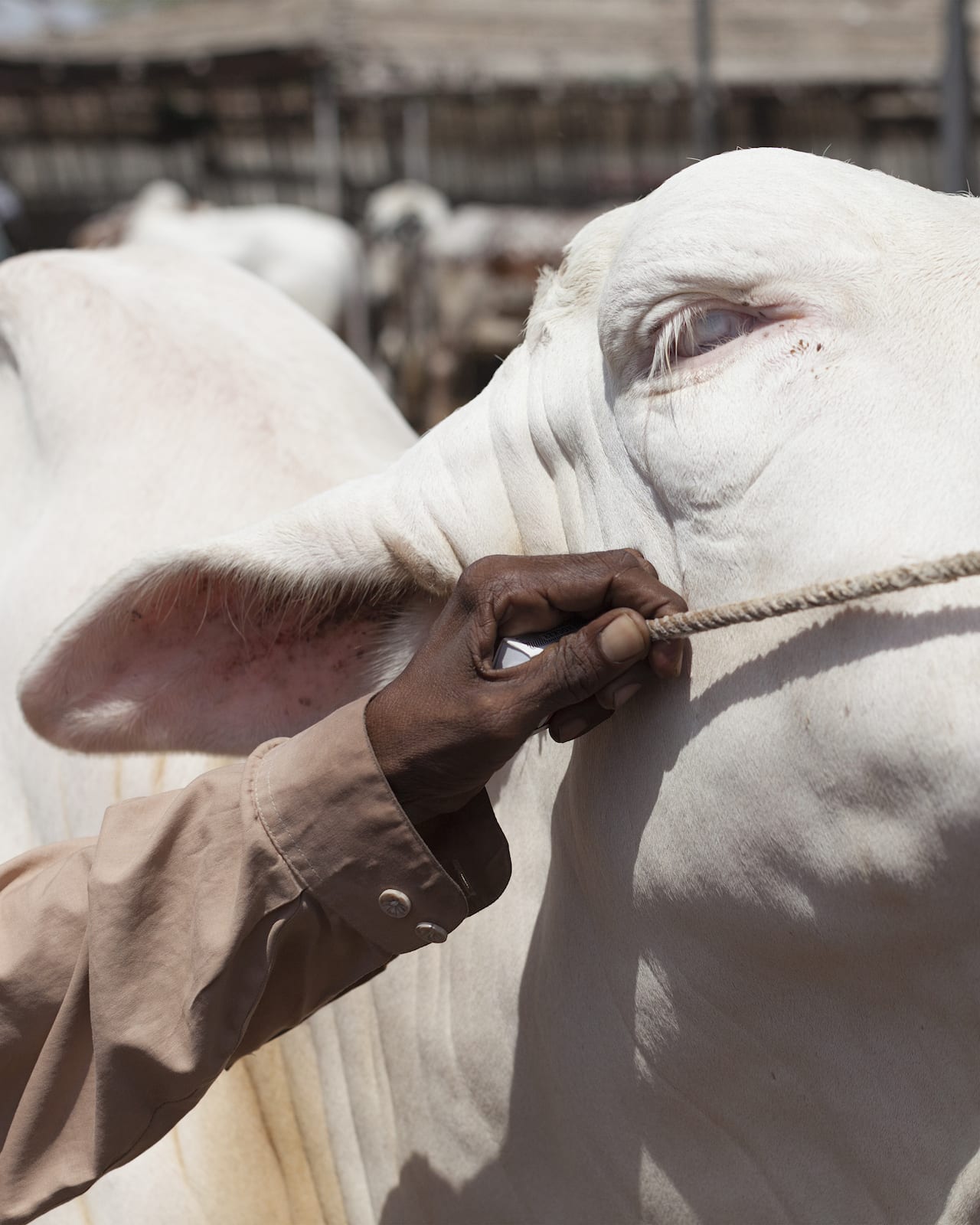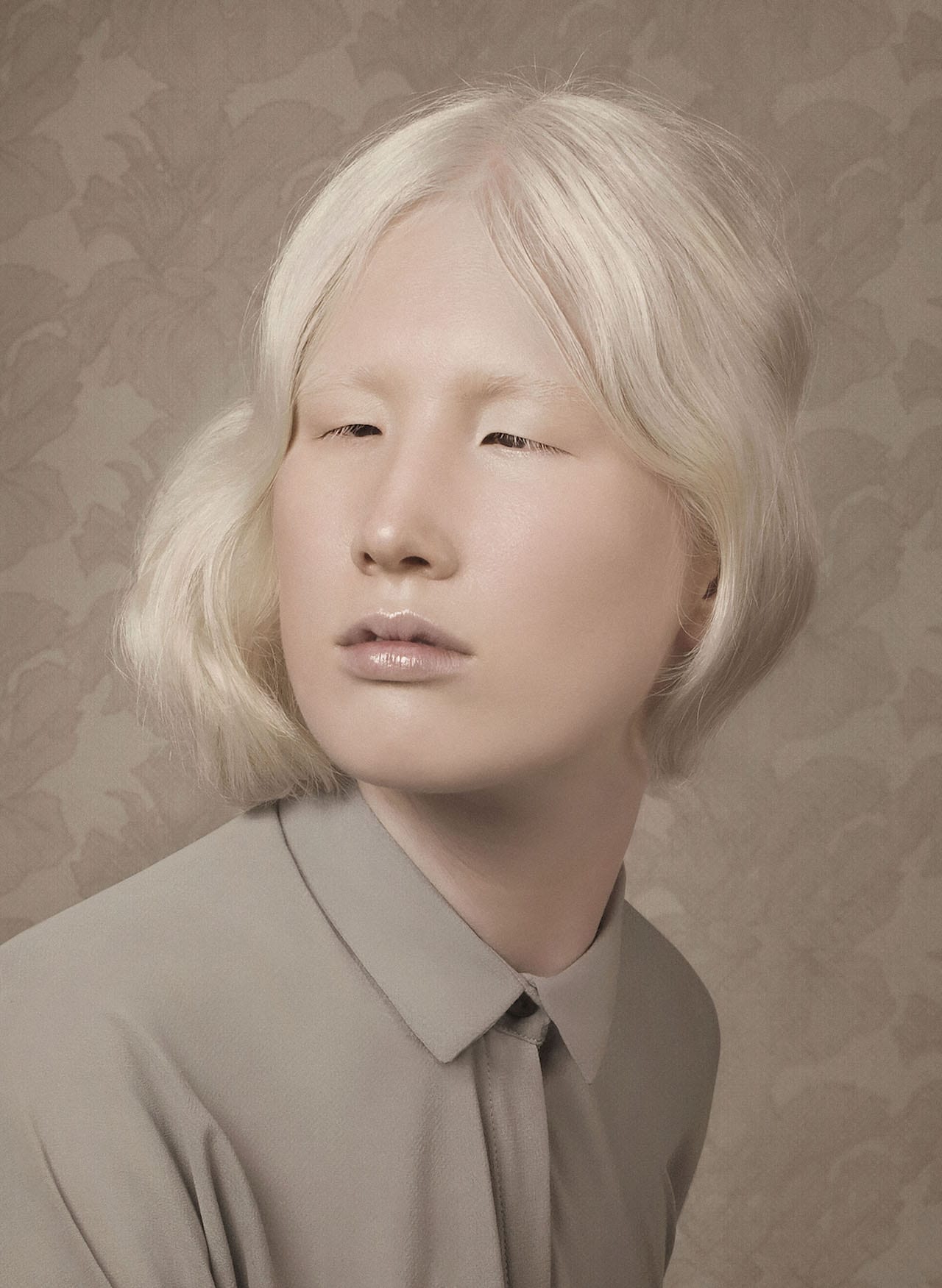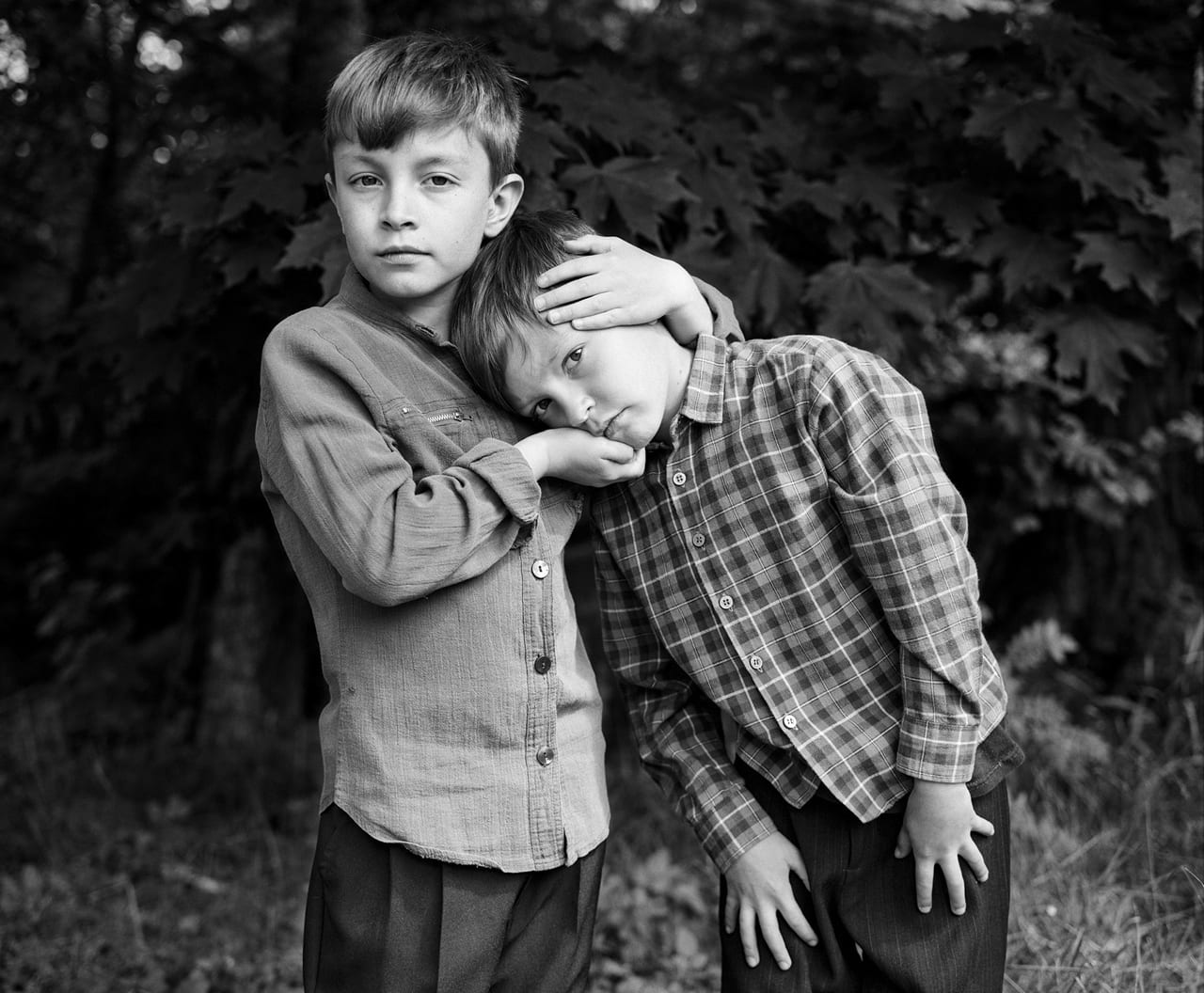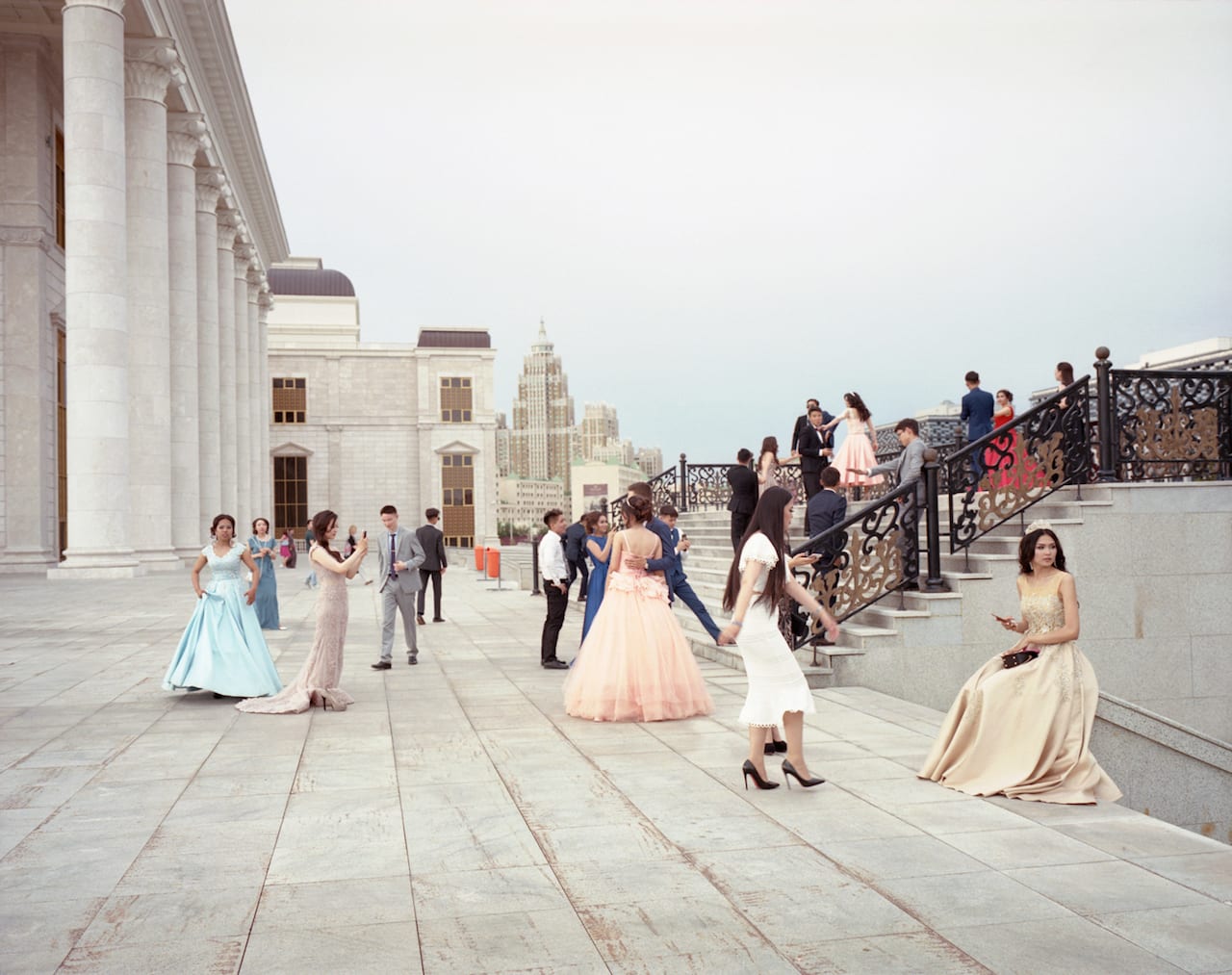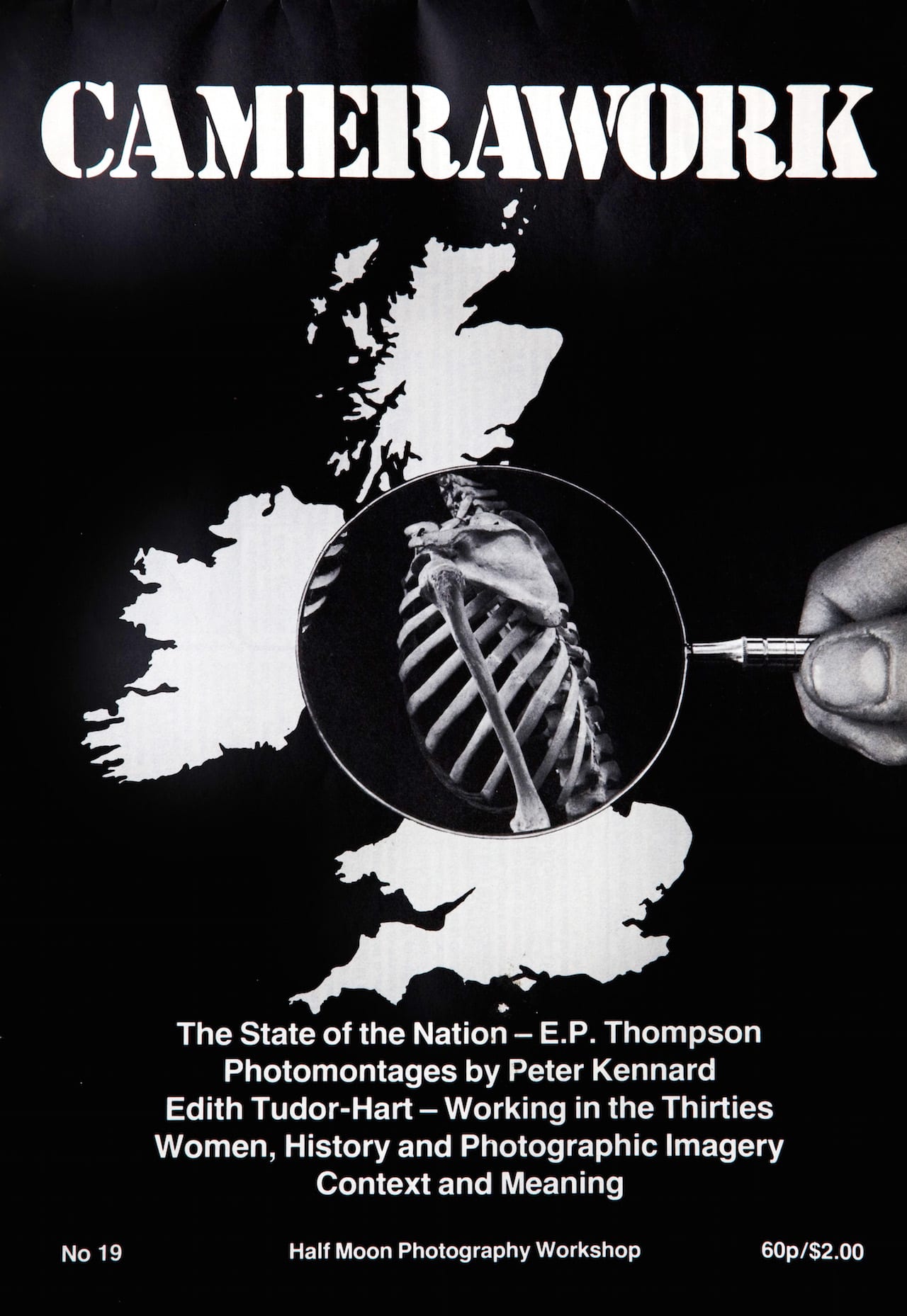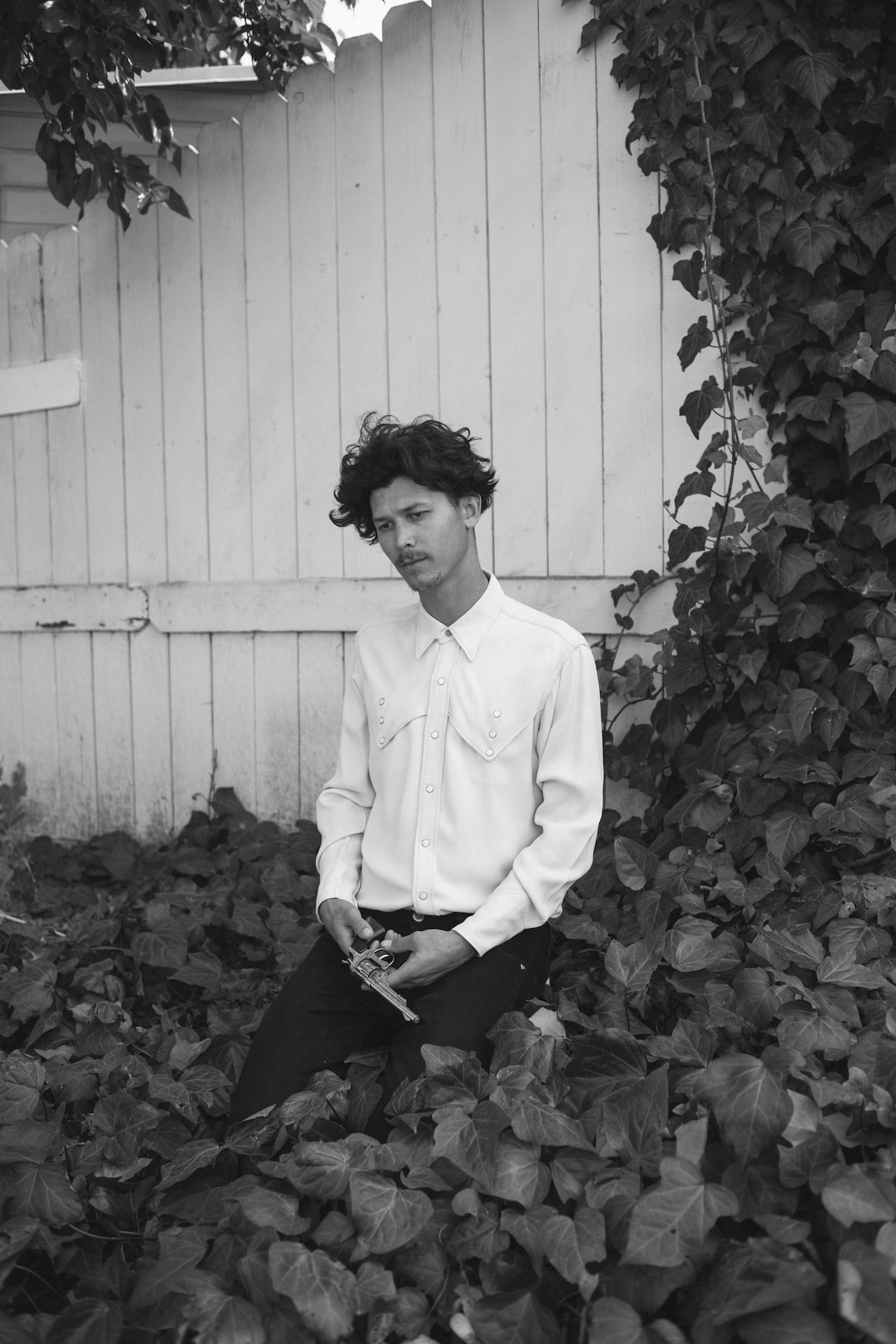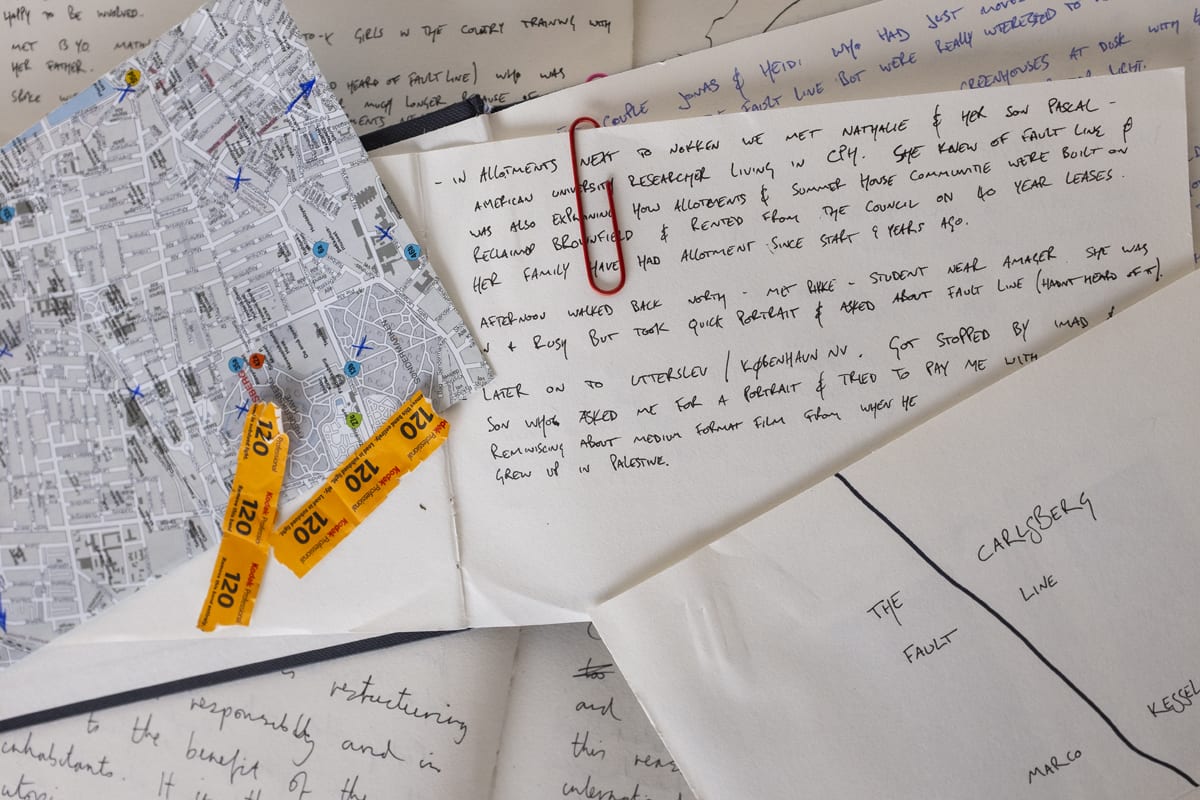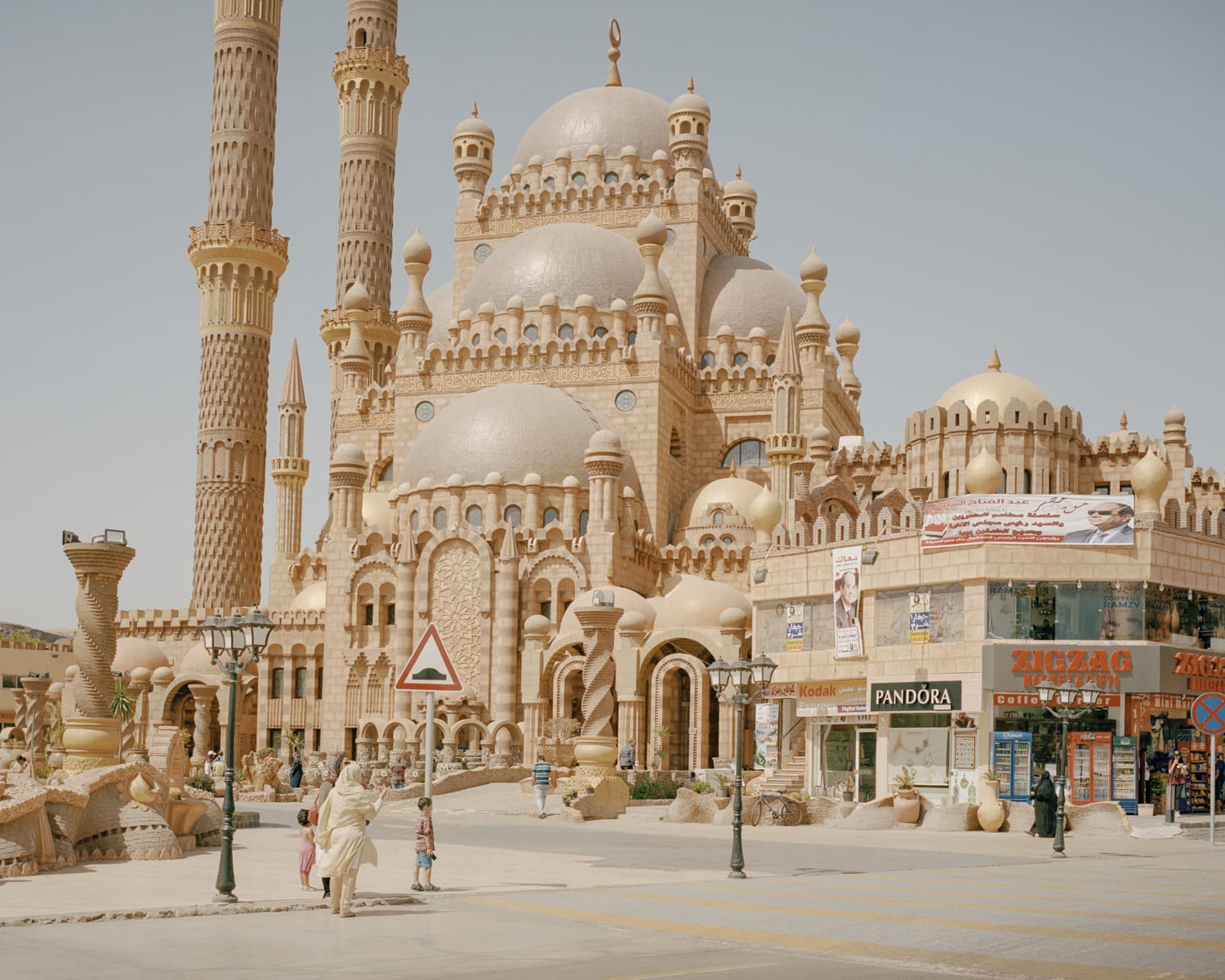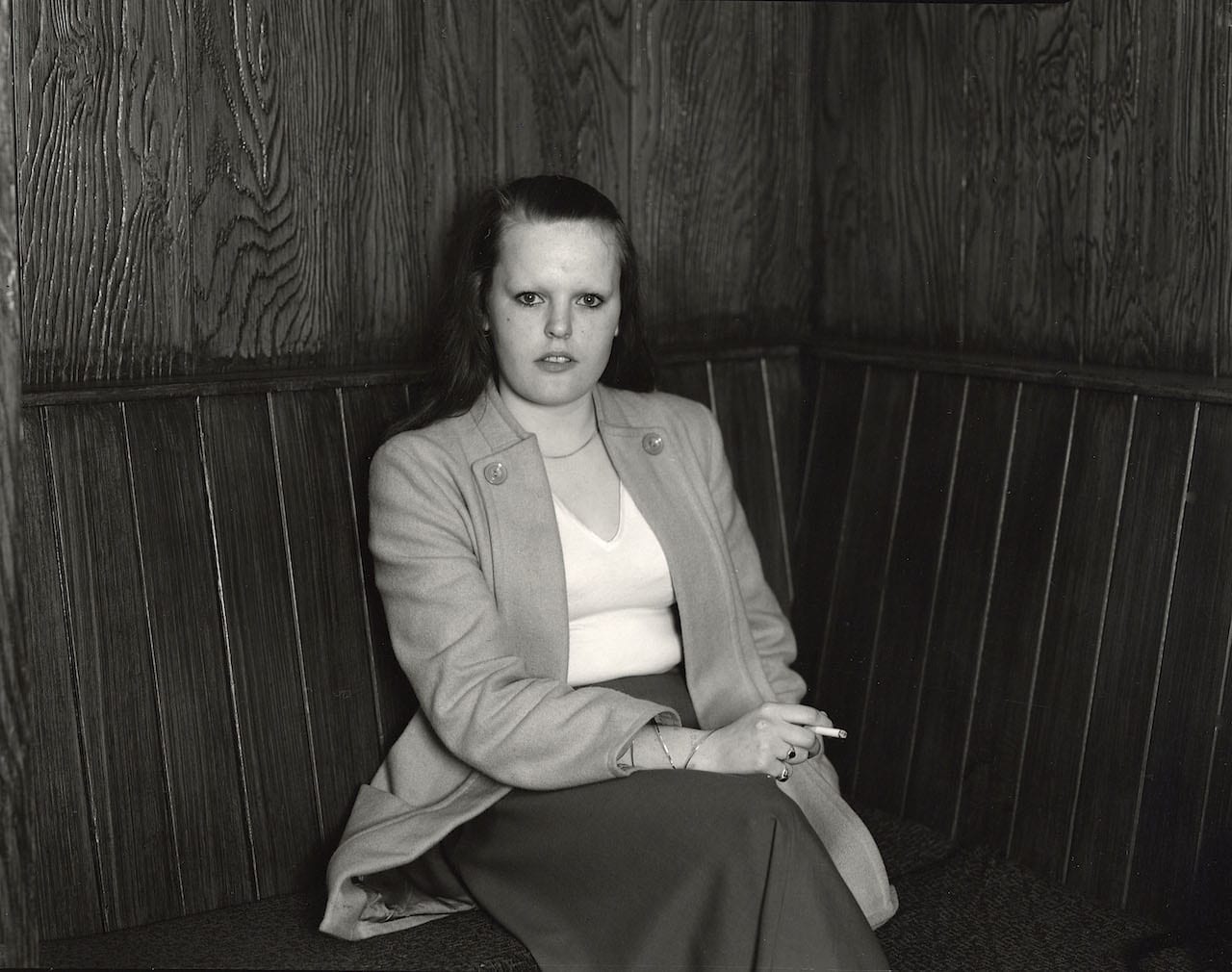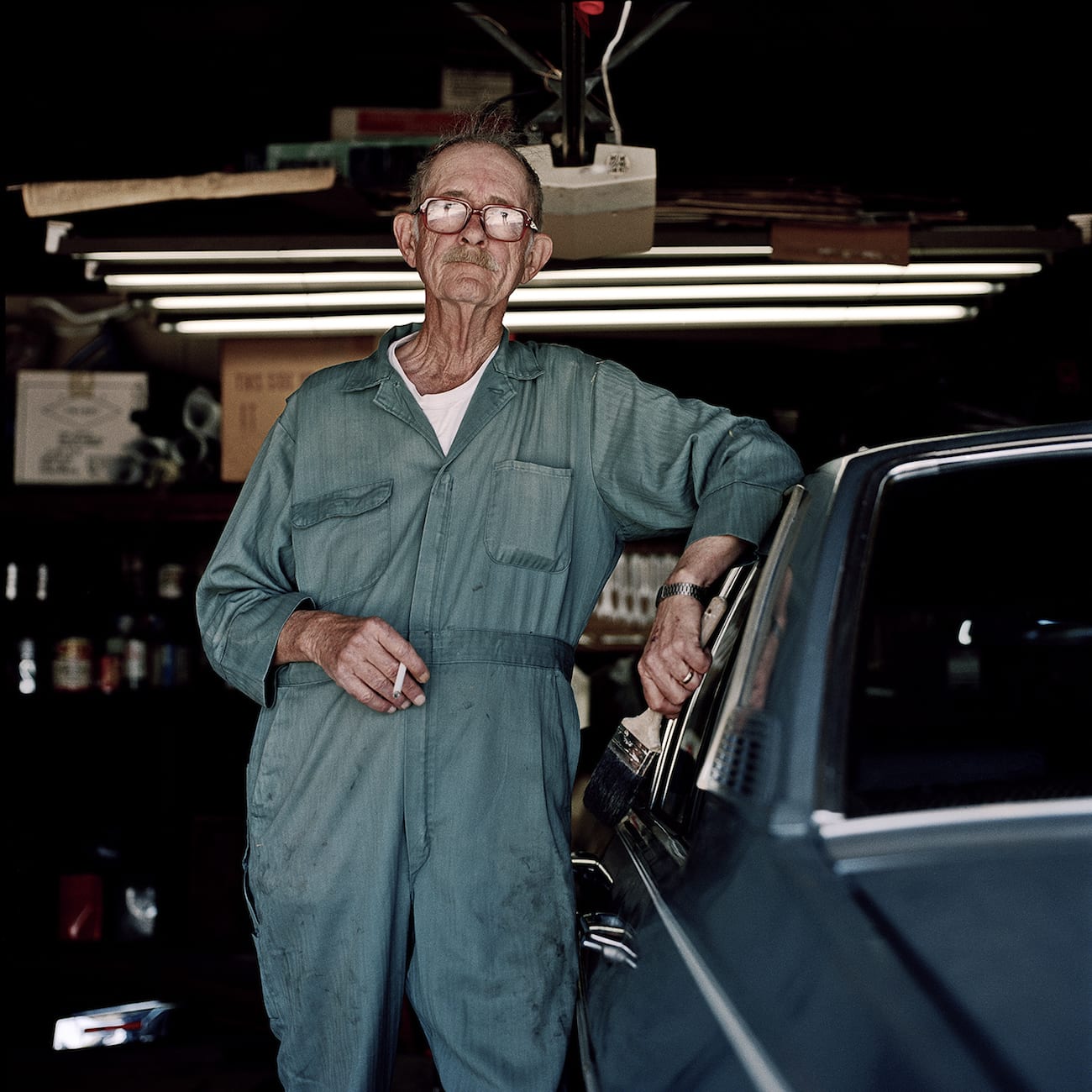“They had this amazing enthusiasm; a very creative enthusiasm,” says Peter Kennard, the well-known photomontage specialist and early member of the radical photography collective Half Moon Photography Workshop. “Camerawork contained all the different debates that were going on in photography at the time, but it was practical as well. The whole thing was about democratising photography.”
Radical Visions, a new exhibition at Four Corners in East London, reveals the lesser-known history of Camerawork magazine and its creators, the Half Moon Photography Workshop. The exhibition coincides with the launch of the Four Corners Archive, which has made all 32 issues of the magazine publicly available to view online.
The collective’s aim was to demystify the process of photography, and to use it as a tool for social change and political activism. The first issue of Camerawork, The Politics of Photography, published in February 1976, was stark black-and-white litho print on a broadsheet format – sheets of A2 paper folded to A3, then to A4 – and sold for 20p. It was pulled together over an all-night session fuelled by bagels and coffee at the Half Moon’s first studio in Chalk Farm.

